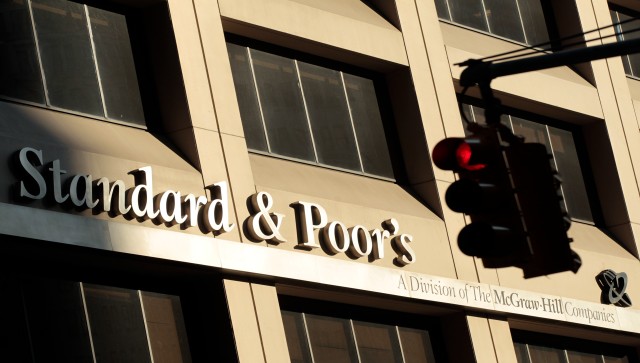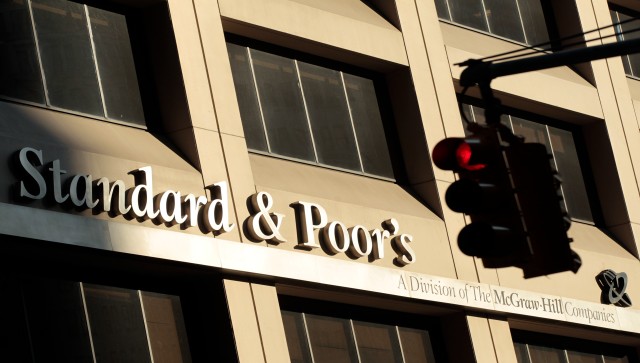Ratings agency Standard & Poor’s on Wednesday cut its outlook on India to “negative” from “stable” and affirmed the lowest investment grade ratings of BBB(-) on India’s sovereign long-term debt.Despite this Moody’sthinks the sub-continent still has potential for growth and that the negative trends will not sustain for long.
But do you know what these downgrades and ratings mean?
Outlook indicates potential direction of ratings in short to medium term, typically six months to two years. Stable outlook means that the ratings are not going to change. Negative outlook indicates that the ratings might be downgraded, while positive outlook means that the ratings may be upgraded.
However, an outlook is not necessarily a precursor of a change in ratings. Ratings agencies give outlook generally to maintain stability in their long-term ratings. A downgrade in sovereign rating means that the government is less capable to meet its debt obligations. This results in higher cost to government borrowings.
While Moody’s has a BAA3 rating with a stable outlook, Standard & Poor’s has a BBB(-) on India’s sovereign long-term debt.
Any cut in ratings will put India’s long-term debt in “junk” category. It will cripple the government’s ability to raise money, especially from overseas markets.
The agency rates countries based on factors such as political risks, growth prospects, external liquidity, international investment position, fiscal performance, debt burden, and flexibility of the monetary system.
IANS


)




)
)
)
)
)
)
)
)